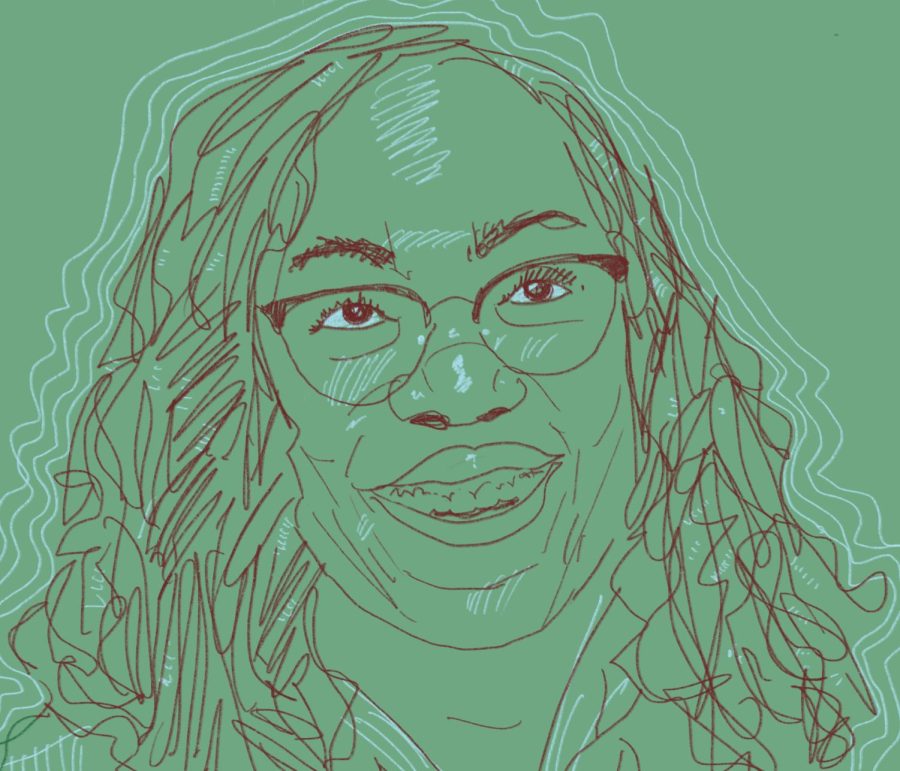Biden Nominates Ketanji Brown Jackson to the Supreme Court
April 8, 2022
On Friday, February 25th, President Biden nominated Ketanji Brown Jackson to replace Justice Stephen Bryer on the Supreme Court. Bryer announced his retirement in January amidst mounting pressures from his own party to step down under a Democratic administration. Jackson will be the first Black woman and the first public defender to ever sit on the Supreme Court.
Born in Washington, DC, Jackson graduated top of her class from Harvard Law School, where she was also an editor of the Harvard Law Review. She then clerked for two federal judges, one of whom was Justice Bryer, and then spent time as a public defender. In 2013, she was appointed as a district court judge in Washington DC, holding the position until she was appointed to DC’s Court of Appeals last year. Janine Gilbert, Assistant Deputy Commissioner of Equity & Inclusion at the New York Police Department and friend of Jackson, told the Register Forum that she believes “[Jackson is] way more qualified than any of the past several Supreme Court nominees we’ve seen.” Despite her impressive resume, conservative commentators and politicians across the country have scrutinized Biden’s nomination, claiming it focused on identity over qualifications. Gilbert says that these claims are “ridiculous, and quite honestly … they’re racist.”
CRLS history teacher Ms. Rachel Williams-Giordano told the Register Forum that Jackson’s past as a public defender will allow her to ask “a different set of questions that she can pose to attorneys.” Gilbert agreed, explaining that Jackson’s experiences will allow her “to see all sides of issues … it’s a shame that [this perspective] hasn’t been [represented] thus far.” Gilbert added, “any criticism about her being a public defender … is outrageous, and I’m a former prosecutor saying that.”
The nomination comes as no surprise to those in Jackson’s life. Gilbert told the Register Forum that “[Jackson’s] former roommates … said she was going to be the first Black woman on the Supreme Court back in college. [Her friends] look at her as someone who is balanced … someone who is brilliant.” Gilbert says Jackson will “follow the law, because that’s her job, but she’ll bring a [needed] perspective.”
If confirmed, Jackson will join a court with a 6-3 conservative majority. Ms. Williams-Giordano believes that despite Jackson’s identity as a Black woman and her progressive ideals, the public’s perception of the Supreme Court will remain largely the same. “Anytime that [the Supreme Court] makes a decision that [people] are not in agreement with, [people] are going to say ‘well that’s because all these young people … or too many women [are] sitting on the Court.’ Unfortunately there is still going to be some overarching criticism [of the Court] that is not valid. I think the criticism is going to run more rampant than it is now.”
Despite the criticism Jackson has faced, her nomination marks a milestone in the history of the Supreme Court. Representation on the court has been a topic of debate as of late, and not only will Jackson represent an underrepresented group, she is more than qualified to hold a chair as a justice. According to Gilbert, “this could not have happened to a better person.”
This piece also appears in our March 2022 print edition.











